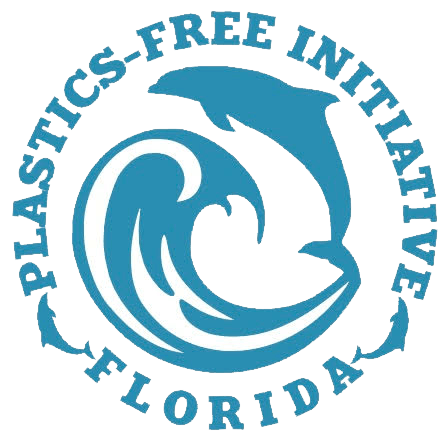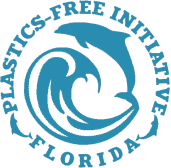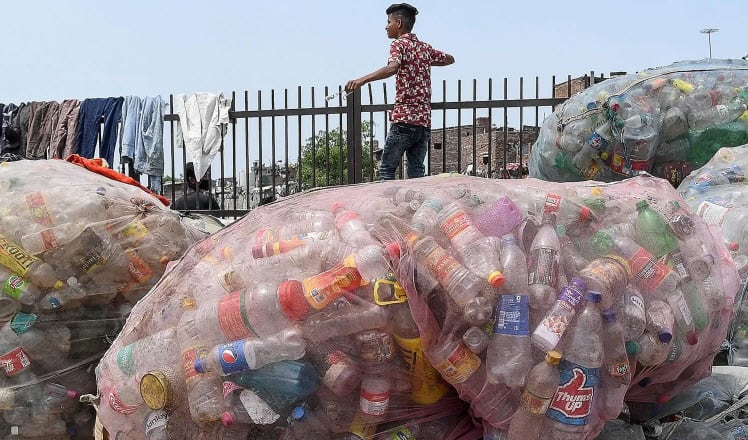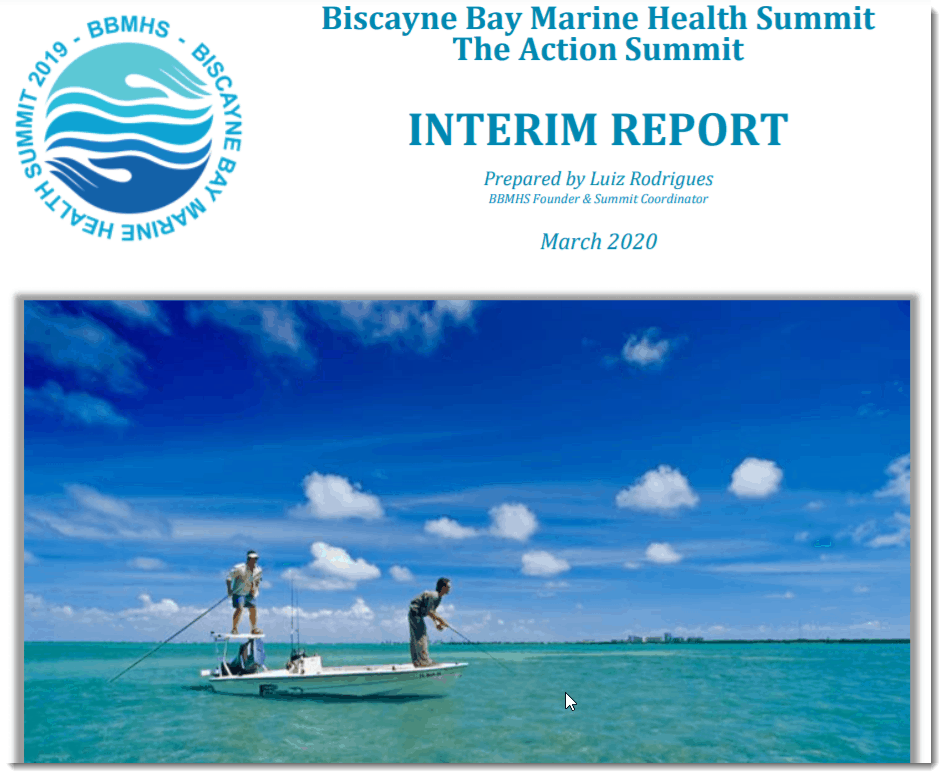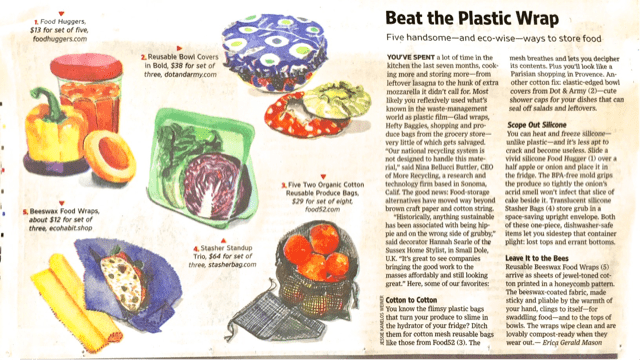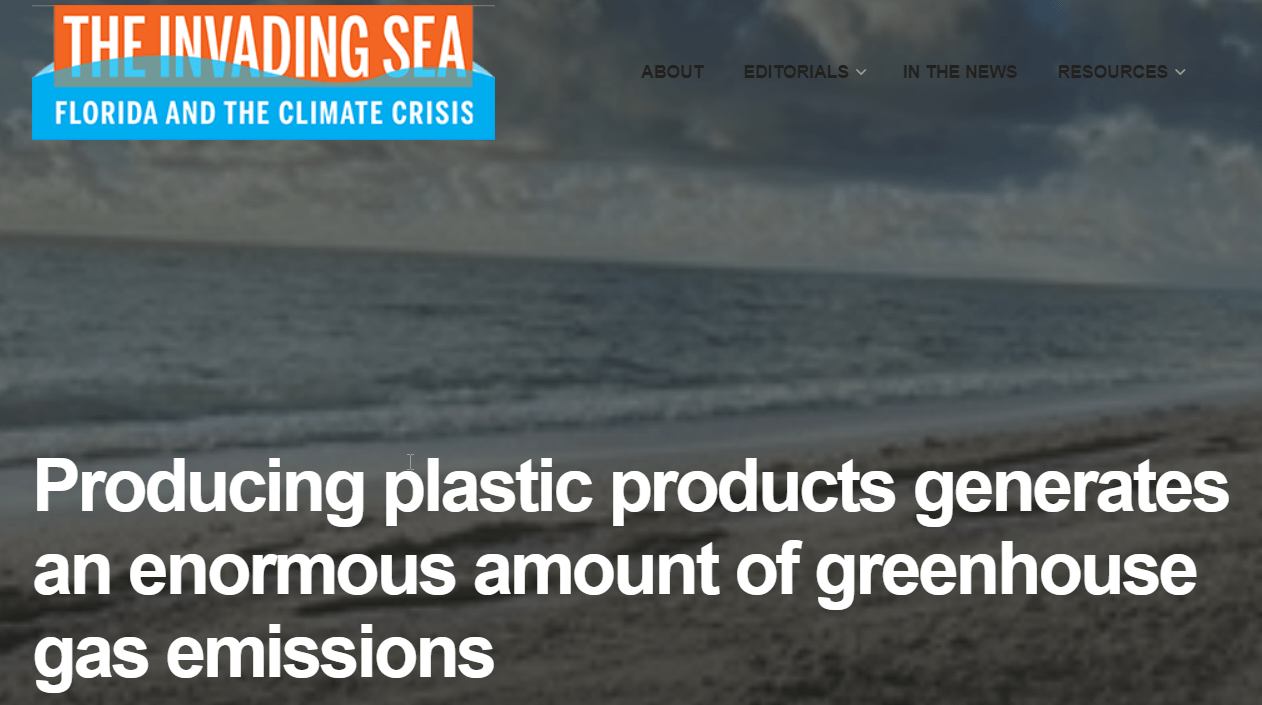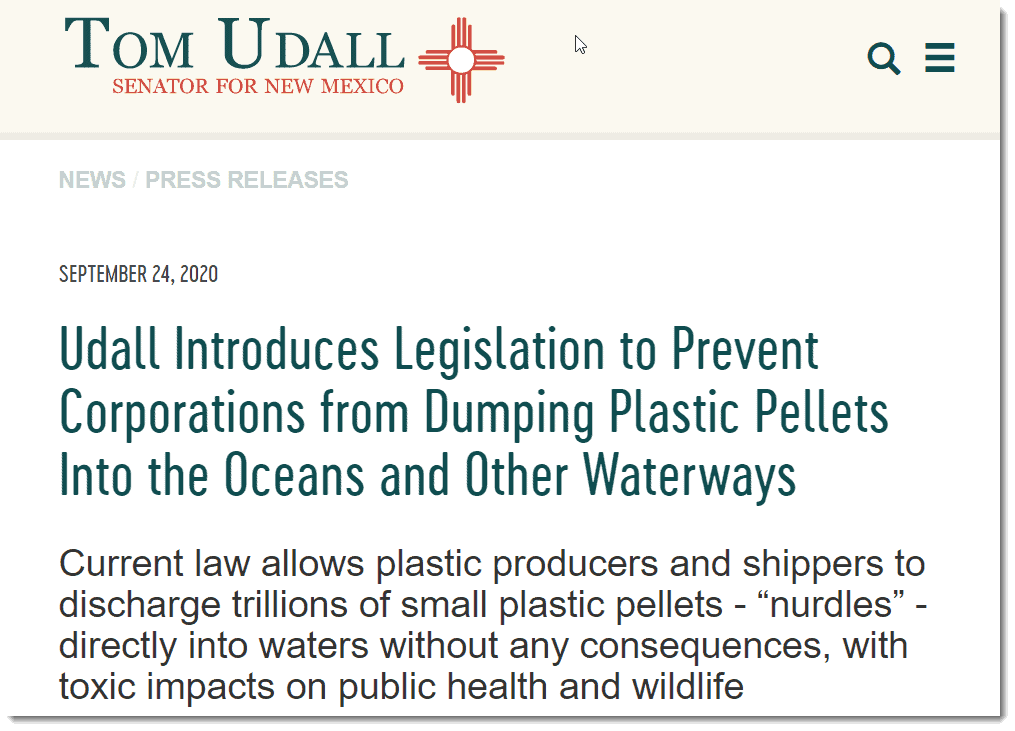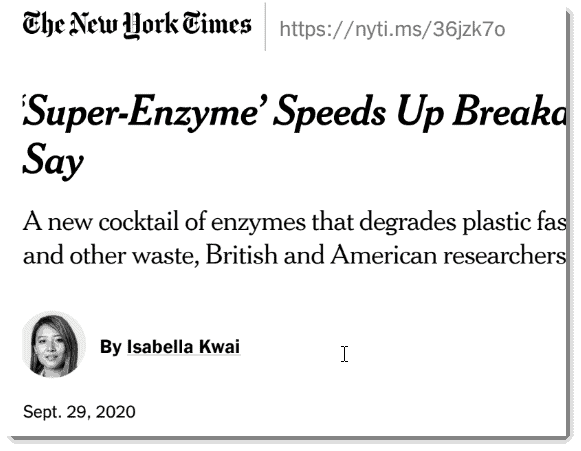The petrochemical industry produces more than 88 million tons of polyethylene, making it the most common plastic in the world. Scientists have found a new way to upcycle it, according to a study published in Science on Thursday. It could help deal with the growing plastic pollution crisis.
Month: October 2020
Legislative Highlights – Protecting Biscayne Bay
Legislative Highlights – Commissioner Russell: Biscayne Bay is in trouble, as evidenced by this summer’s massive fish kill, algae blooms the previous year, and the die off of sea grasses over several years. The City of Miami is taking the issue seriously. Biscayne Bay is the lifeblood of our economy and quality of life. We cannot let hurting the bay be just a cost of doing business.
Biscayne Bay Marine Health Summit – The Action Summit Interim Report
Two years ago, close to 50 local concerned Biscayne Bay lovers and activists, representing environmental NGOs, government entities, private businesses and educational institutions, joined forces and, together, implemented the Inaugural Biscayne Bay Marine Health Summit. The purpose of that Summit was to initiate discussions regarding the ongoing challenges the Bay was experiencing. A summary of the pollution and what solution steps are being taken Is forthcoming.
Popular bottled water brands contain toxic ‘forever chemicals,’ Consumer Reports finds
Americans drink more bottled water than coffee, tea, milk, soft drinks or any other beverage — billions of gallons a year in all, according to industry statistics.
That impressive thirst has drawn scrutiny about what’s in the bottle.
Consumer Reports recently tested 47 bottled waters — including 35 noncarbonated and 12 carbonated options — and found levels of “toxic PFAS chemicals” in several popular brands that were above a limit recommended by some experts.
Skip the Plastic Wrap. 5 Chic, Reusable Food-Storage Alternatives
YOU’VE SPENT a lot of time in the kitchen the last seven months, cooking more and storing more—from leftover lasagna to the hunk of extra mozzarella it didn’t call for. Most likely you reflexively used what’s known in the waste-management world as plastic film—Glad wraps, Hefty Baggies, shopping and produce bags from the grocery store—very little of which gets salvaged.
Producing plastic products generates an enormous amount of greenhouse gas emissions
This is roughly equivalent to dumping a garbage truck full of plastic into the oceans every minute. Once in the ocean, plastic breaks up into smaller and smaller pieces that are eaten by marine animals of all sizes, from tiny zooplankton to fish, sea turtles, and whales. We’re now eating, drinking, and even breathing plastic.
Udall Introduces Legislation to Prevent Corporations from Dumping Plastic Pellets Into the Oceans and Other Waterways
Current law allows plastic producers and shippers to discharge trillions of small plastic pellets – “nurdles” – directly into waters without any consequences, with toxic impacts on public health and wildlife
Why ‘biodegradable’ isn’t what you think – NYT
Choosing products with packaging that claims to be “biodegradable” or
“compostable” might mean that they degrade only under special conditions, and could complicate recycling efforts, said Jason Locklin, the
director of the New Materials Institute at the University of Georgia. “Itʼs tremendously confusing, not just to the consumer, but even to many
scientists,” he said.
‘Super-enzyme’ speeds up breakdown of plastic, researchers say – NYT
A new cocktail of enzymes that speeds up the degradation of plastic offers a step forward in finding a new form of recycling that is faster, is more affordable and works on a larger scale than current methods, British and American researchers said this week.
There is hope. Awareness about the dangers of plastics is on the rise and the recognition that more research needs to be done is growing exponentially.
Most plastics eventually degrade into very small particles called microplastics. A comprehensive review of scientific evidence published by the European Union’s Scientific Advice Mechanism in 2019 revealed that microplastics are … Read More
